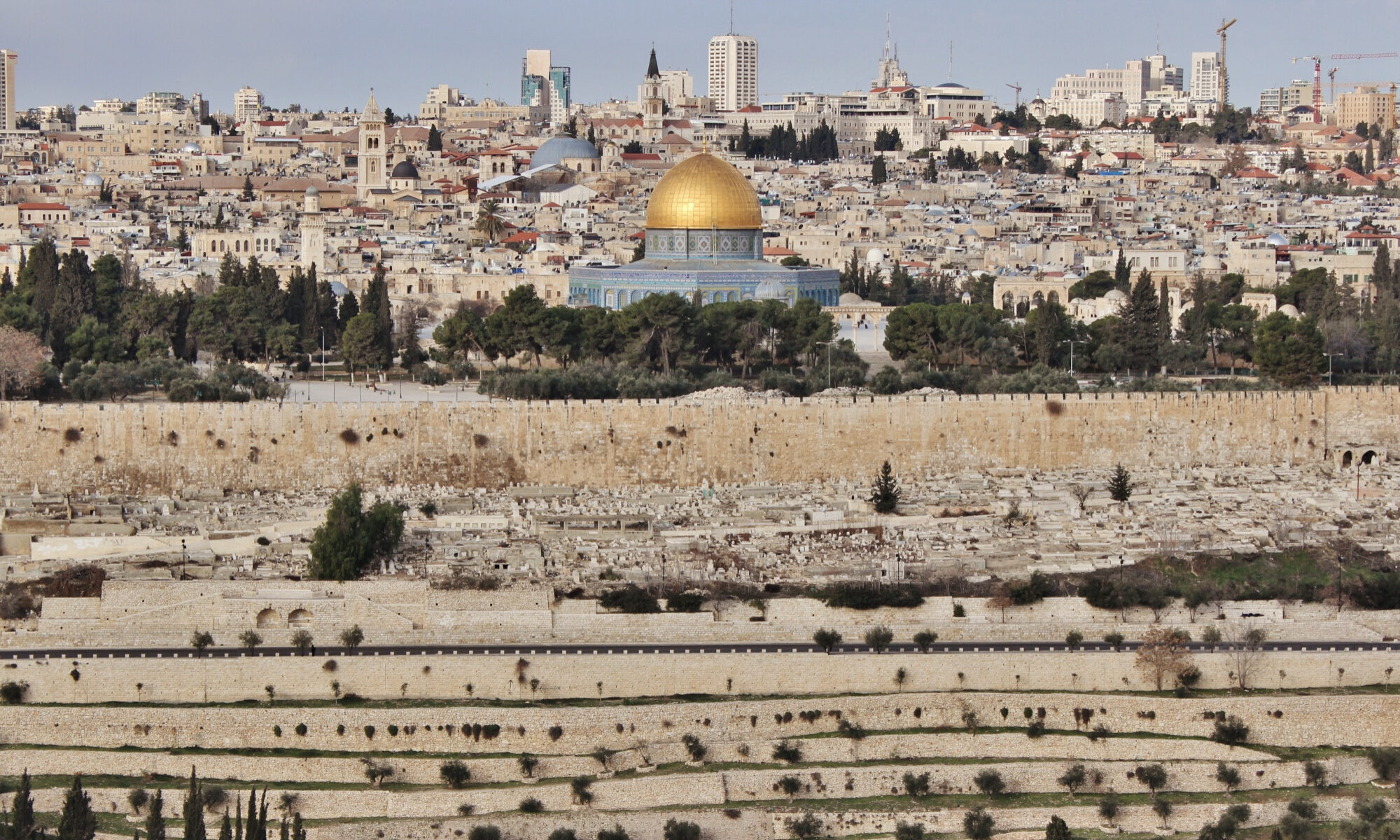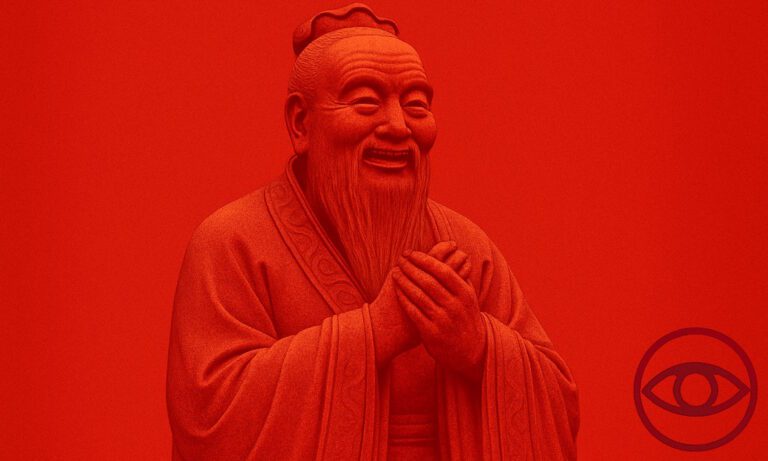
On October 7, Hamas launched a surprise attack on Israel, resulting in more than a thousand deaths. As the world braces itself for a potential regional escalation in the face of Israel’s planned ground operation in Gaza, China’s attitude seems to be moving towards “pro-Palestinian neutrality.”
Earlier this year, Beijing stepped up its mediation efforts in the Middle East, successfully brokering a rapprochement between Saudi Arabia and Iran and offering to mediate peace between Israel and the Palestinians by sharing “Chinese wisdom, Chinese strength.” However, Beijing’s muted and feeble reaction to the October 7 attack has sparked questions about China’s true ability to act on its ambitions and resulted in a backlash from US and Israeli officials.
While China’s statement was later amended to include that Beijing is “saddened” by the civilian casualties, which was largely seen as a reaction to US pressure, it still refrained from directly naming Hamas.
China’s hedging may be a sign of its limited influence in the region. Beijing has been trying to position itself as a responsible power on the international stage, diverging from its traditional policy of non-interference in regional disputes to actively engage in and lead diplomatic talks. However, the most recent eruption of violence may expose Beijing’s lack of expertise in dealing with the region.
At the same time, while repeated calls for solving the Palestinian issue and establishing an independent Palestinian state may gain favor among countries supporting the Palestinian cause, both in the Middle East and beyond, Beijing’s position as a neutral arbitrator, in the face of hundreds of Israelis being murdered, slaughtered, and kidnapped by Hamas, will likely have considerable repercussions for Sino-Israeli relations.
During a call with China’s special envoy to the Middle East, Israel’s foreign ministry conveyed its “deep disappointment” over Beijing’s lack of unequivocal condemnation of Hamas as well as the lack of any statement supporting Israel’s right to self-defense. Israeli officials also criticized the timing of China’s call for a two-state solution.
While future consequences of China’s initial reaction remain uncertain, Israel might re-consider its economic interactions with Beijing, particularly as tensions between the two countries further heightened after a stabbing of a family member of an Israeli diplomat in Beijing in the days following Hamas’ call for a “day of rage” against Israelis and Jews around the world.
China’s History with the Israel-Palestine Conflict
China has a long and complex history of approaching the Israel-Palestine conflict. Beijing’s policy can be divided roughly into three periods, starting from the establishment of the People’s Republic of China in 1949 under Mao Zedong, to Deng Xiaoping’s opening up of the Chinese economy in 1979, to the post-Oslo Accords of 1993. Over the decades, Beijing’s approach to the conflict moved away from Mao’s ideologically guided foreign policy to Deng Xiaoping’s more pragmatic stance on the issue driven primarily by China’s greater focus on economic development.
Beijing has long viewed the Israel-Palestine conflict as the main source of violence and tensions in the Middle East. It has also been continuously supportive of the Palestinian cause, especially during Mao Zedong’s leadership. This has been, in particular, due to Mao’s anti-imperialistic sentiments and his belief that the Palestinian people were a victim of imperialism. Although China did formally recognize the state of Israel in 1949, at this stage, the two countries did not establish official diplomatic relations and Beijing remained sympathetic to the Palestinians. China adopted a strongly pro-Palestinian stance in the mid-1950s as it tried to exert greater influence over emerging anti-colonial as well as Arab nationalist movements.
The situation began to change after Mao’s death and the ascendance of a more pragmatic Deng Xiaoping in the late 1970s. The two countries formally established diplomatic relations in 1992, while at the same time, challenges in the Sino-Palestinian ties started to emerge. In particular, China has been slowly moving away from supporting the Palestinian armed struggle against Israel and towards a negotiated peace settlement. During Deng’s leadership, Beijing also established trade ties with Israel; showed support for the Camp David agreement between Israel and Egypt that was concluded in 1978; and prioritized maintaining stability in the region. This, however, came at the expense of the Palestinian cause. As a result, the Palestinian people found greater use in engaging with the Soviet Union, which at that time offered more significant diplomatic and material benefits than China.
From 2000 until today, China has focused its efforts on maintaining good relations with both parties, which coincided with its extraordinary economic growth and growing ambition to become a leading power on the international stage. China is currently one of the biggest trading and investment partners for many countries in the region. Israel, too, has been engaging with China on a larger scale than ever before, with Beijing seeking to capitalize on Israel’s high-tech sector and its innovation capabilities.
China has continued to call for a negotiated peace settlement, a just solution to the Palestinian issue, and the establishment of an independent state of Palestine but has refrained from getting directly involved in repeated flare-ups in the region. China’s declared solidarity with the Palestinian cause has also resonated with Muslim countries in the region and the wider Muslim world. It has also helped Beijing divert the international community’s attention away from its own human rights violations in Xinjiang, which has received little scrutiny from Muslim nations in the Middle East who have instead declared support to China on the issue.
Beijing’s hands-off strategy has been fueled mainly by its non-interference and “friends to all” policy. However, China also recognizes the increasingly important role the Middle East plays in its foreign policy and global expansion. Over the past decade, Beijing has been making significant inroads into the region, especially through economic engagement via the Belt and Road Initiative, trade, investment ventures, and technology. As such, the Israel-Palestine conflict, which threatens to endanger regional stability, is by default also directly threatening China’s core economic interests.
Is China up to the Challenge?
Beijing’s recent rhetoric regarding the conflict shows signs of “pro-Palestinian neutrality,” as Chinese Foreign Minister Wang Yi recently stated that Israel is exercising “collective punishment on the people of Gaza” and that its actions are beyond what could be considered an act of self-defense. China’s treatment of the conflict is similar to its reaction to Russia’s invasion of Ukraine, where China clearly exhibited “pro-Russian neutrality.”
China’s behavior is driven by its desire to preserve as much flexibility as possible whilst hoping to become somewhat actively engaged in the resolution of the conflict. However, it remains limited in its actions due to Beijing’s strong interest in maintaining and fostering good relations with major regional players such as Saudi Arabia. The reflective opposition to the US, which has come out strongly in support of Israel, is also influencing China’s positioning on the issue. Once again, an opportunity arises for Beijing to pan Washington for inflaming regional tensions.
The following weeks will represent a delicate and challenging time for China’s policy in the Middle East. The Saudi-Iranian rapprochement both boosted China’s confidence in its mediation capabilities as well as attracted the attention of regional and international players, improving China’s credibility.
Beijing has the opportunity to leverage its good ties with a variety of actors, including Iran and the Palestinian Authority. China could be, for example, directly involved in reaching an agreement on the release of hostages, of which at least one is a Chinese national, and lead de-escalation efforts by facilitating a cease-fire. Even the US urged Beijing to capitalize on its ties with Iran – which may be one of the key players in deciding whether the current conflict escalates beyond Israel and Hamas – to prevent it from becoming actively engaged in the war.
However, it is unlikely that Beijing will choose or be able to play a more visible role in the resolution of the conflict. Its long-standing policy of non-interference, coupled with the complicated web of relationships that China has fostered with regional players, significantly limits its room for maneuver. Beijing has relied on the US to act as the security guarantor to the Middle East and has historically opted for lower engagement in the myriad of regional conflicts. While China’s ability to broker a deal between Saudi Arabia and Iran was a sign of Beijing’s aptitude to facilitate reconciliation agreements, it may still be lacking the necessary skills to effectively manage active military conflicts. Thus, the current crisis might ultimately highlight that China is unable to meet the aspirations and claims that it is a new major player in the Middle East.
Written by
Dominika Urhová
DUrhovaDominika Urhová is a China Analyst at AMO, specializing in China's foreign policy, Cross-Strait relations and China's influence in the Middle East and the Western Balkans. In the past, she contributed to the Middle East Policy Journal and to the research outputs of the Observer Research Foundation. Dominika holds a Master's degree in Security Studies and Diplomacy from Tel Aviv University and a Bachelor's degree in Development Studies with a concentration in Economic Development from Lund University in Sweden.


